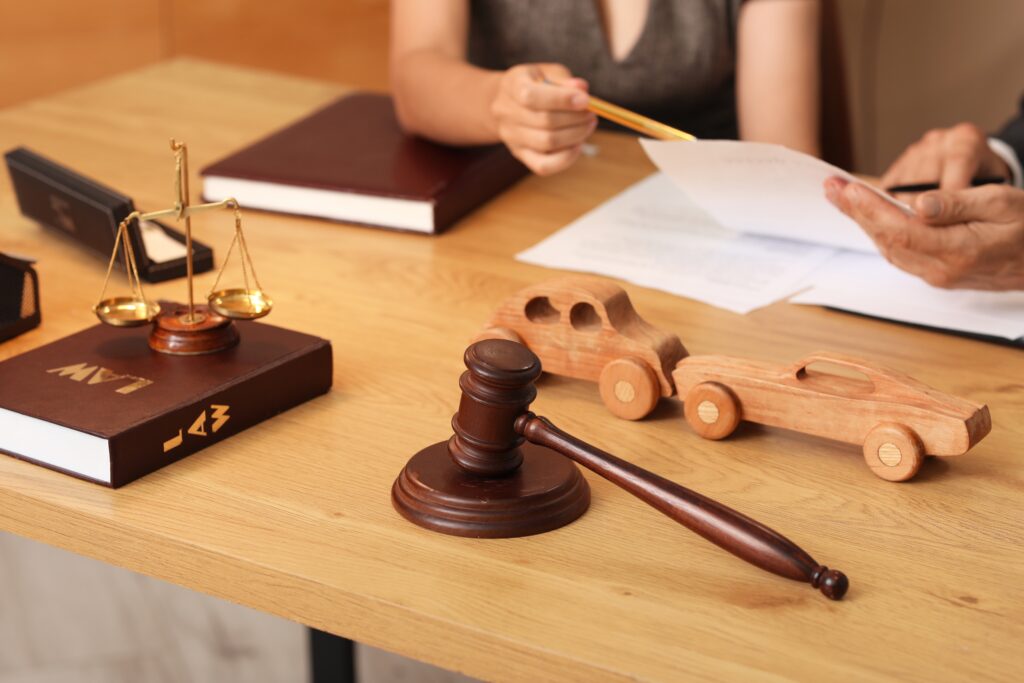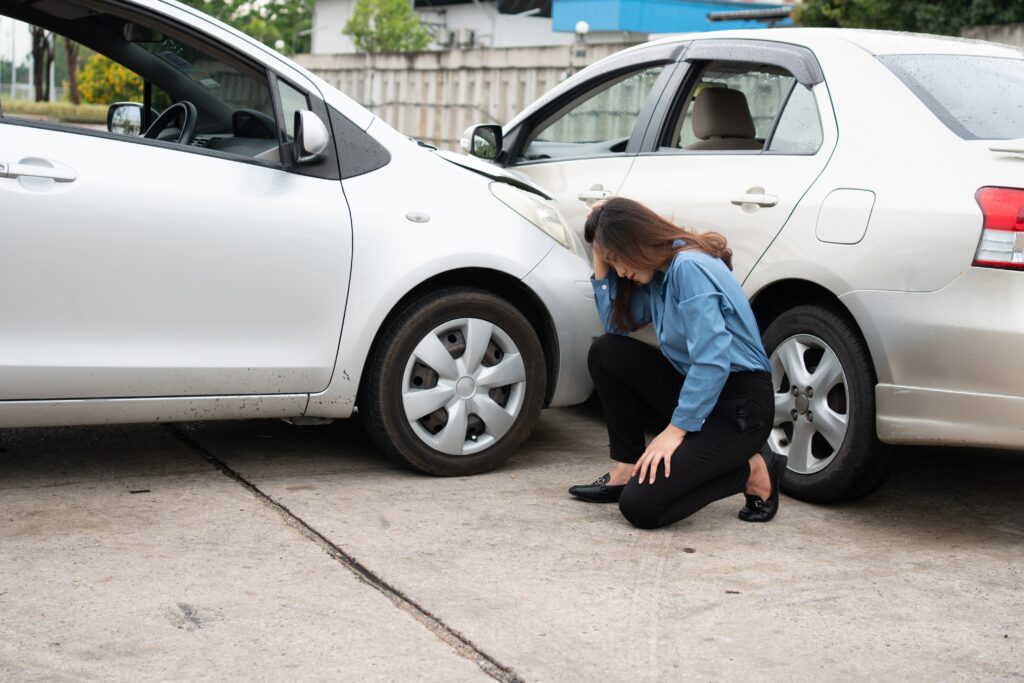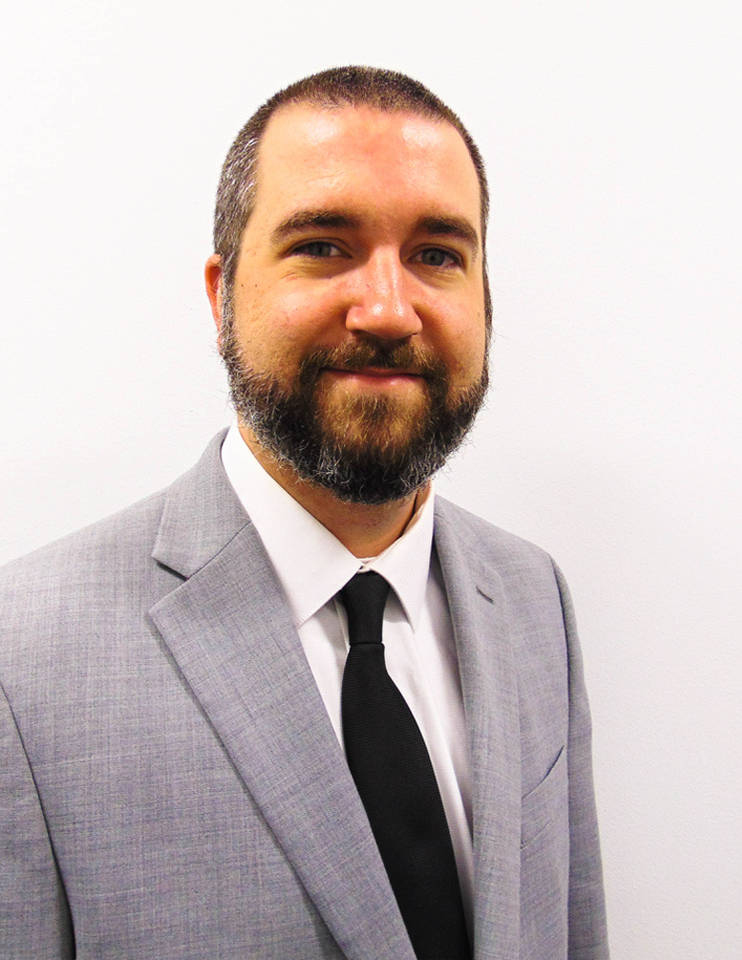Car accidents are rarely black-and-white situations. Multiple factors often contribute to a collision, and it’s not uncommon for drivers to worry that their own actions might have played a role. Insurance companies quickly seize on any perceived fault, which can significantly impact your ability to recover fair compensation.
If you’re wondering whether you share any blame, it helps to understand how the claims process works and how St. Petersburg car accident lawyers can advocate for your rights.
Insurance Companies Thrive on Assigning Blame
Insurance companies are profit-driven businesses, and minimizing payouts is one of their primary objectives. One of their go-to strategies involves assigning blame to the accident victim.
Adjusters often twist facts, rely on shaky evidence, or pressure you into admitting fault. Their ultimate goal? Reduce their financial liability. They save money if they convince you or a court that you share responsibility. Here’s how they do it and why you need to stay vigilant.
Taking Statements Out of Context
After an accident, adjusters will often request a recorded statement. They might seem friendly and supportive, but their questions are designed to trap you. For example, they may ask, “Were you distracted before the accident?” A simple, truthful answer like, “I glanced at my GPS,” can easily be twisted into, “The driver admitted to being inattentive.”
Avoid making statements without consulting an attorney. Anything you say might be used against you, even if it seems harmless or irrelevant. Adjusters are skilled at framing your words to benefit their case rather than yours.
Relying on Questionable Witness Accounts

Witnesses can play a significant role in determining fault, but not all witnesses are reliable. Insurance adjusters may seek out individuals who only saw part of the incident or whose accounts align with the insurer's version of events. These witnesses might unknowingly provide incomplete or biased statements, making it appear you’re at fault.
Your car accident lawyer can identify and interview credible witnesses who provide a more accurate and complete account of what happened. This tactic can counter the insurer’s narrative and strengthen your claim.
Highlighting Minor Traffic Violations
If you committed any minor traffic violation – such as rolling through a stop sign or forgetting to signal before a turn – insurers might seize on this to argue you contributed to the collision. They’ll claim your actions played a role in causing the accident, even if the other driver was clearly more negligent.
For instance, imagine you were driving five miles over the speed limit when another driver ran a red light and hit your car. The insurer might argue that your slight speeding contributed to the crash. These arguments often lack merit, but they’re intended to reduce your compensation.
An attorney can demonstrate how minor infractions were unrelated to the collision or outweighed by the other driver’s negligence.
Misinterpreting Physical Evidence
Insurance companies rely on investigators to analyze crash scenes, vehicle damage, skid marks, and debris patterns. While this might sound fair, these analyses are often biased toward reducing payouts. Insurers may ignore evidence that supports your claim or misinterpret the data to suit their agenda.
For example, they might argue that damage to the rear of your vehicle suggests you stopped abruptly rather than acknowledging that the other driver was following too closely. These misinterpretations can shift undue blame onto you.
A car accident attorney can call on independent experts to review the physical evidence, provide an unbiased assessment, and present the facts accurately.
Using Social Media Against You
Your social media posts might seem unrelated to the accident, but insurance companies can and will use them against you. An innocent post like, “I get nervous driving in bad weather,” can be twisted to suggest you were overly cautious or unprepared when the accident occurred. Similarly, photos or check-ins that show you engaging in activities after the accident can be used to downplay the severity of your injuries.
Stay off social media after an accident, and don’t share details about the incident or your recovery. Even private posts can be accessible for legal proceedings, so it’s best to avoid posting altogether.
Protecting Yourself from Unfair Blame
Insurance companies will use every tool at their disposal to shift blame and reduce your compensation. Understanding their tactics can help avoid falling into their traps. Working with a qualified attorney ensures you have someone on your side to counter these strategies, fight for your rights, and secure the compensation you deserve.
How a Car Accident Lawyer Counters Insurance Tactics
Insurance companies have a well-honed playbook for deflecting blame and minimizing payouts. A skilled car accident lawyer knows how to counter these tactics and make sure your side of the story gets told accurately. By challenging assumptions, gathering compelling evidence, and shifting the focus to the other party’s negligence, an attorney can protect your right to fair compensation.
Demanding Clarification on Fault Assignments
Insurance adjusters often assign blame based on weak or speculative evidence. Your attorney will demand that the insurer provide concrete proof for any accusations against you. If their claims don’t hold up under scrutiny, a lawyer can push back effectively and ensure unfounded blame doesn’t reduce your compensation.
Interviewing Witnesses Directly
Adjusters tend to cherry-pick witness accounts that favor their narrative. A car accident lawyer will take a more thorough approach by contacting everyone who saw the crash. By interviewing witnesses directly, they can gather more accurate accounts and create a fuller picture of what happened. Doing so often leads to evidence that counters the insurer’s attempts to shift blame onto you.
Bringing in Accident Reconstructionists
Attorneys frequently work with accident reconstructionists to analyze the scene. These professionals examine skid marks, vehicle damage, road conditions, and other details to determine the sequence of events. They might uncover overlooked factors like hazardous road designs, weather conditions, or vehicle malfunctions that can shift fault away from you.
Reviewing Traffic Camera and Surveillance Footage

Video footage often provides unbiased, hard evidence of how an accident occurred. Your lawyer can secure recordings from traffic cameras, nearby businesses, or residential surveillance systems before they’re overwritten. This footage can capture critical moments, such as the other driver running a red light or failing to yield, and it can be instrumental in disproving the insurer’s claims.
Highlighting the Other Driver’s Negligence
While insurers focus on your actions, your attorney will spotlight the other driver’s behavior. Were they speeding? Texting? Ignoring traffic laws? These factors can shift the narrative and demonstrate that their negligence was the primary cause of the accident. Your car accident lawyer will gather evidence like police reports, eyewitness statements, and video footage to prove the other party’s fault.
Why You Should Never Admit Fault
After a car accident, emotions often take over. It’s natural to feel overwhelmed or even apologetic, but saying the wrong thing can hurt your claim. Even a well-intentioned phrase like “I’m sorry” or “I didn’t see the other car” can be twisted to suggest you were at fault. Insurance companies will seize on these statements to reduce or deny your compensation.
Stick to the Facts
When you speak to anyone after the accident – the other driver, witnesses, or an insurance adjuster – keep your comments factual and brief. Focus on what you know for certain. For example, instead of speculating about what caused the accident, simply describe what you experienced: “The car struck me while I was driving through the intersection.” Avoid admitting fault or offering opinions, as these can be misconstrued.
Let a Car Accident Attorney Handle the Communications
Insurance companies are skilled at using your words against you. An adjuster might ask leading questions to make you admit partial blame, even unintentionally. Rather than handle these conversations alone, let a car accident attorney take the reins. Your attorney will ensure your statements are accurate and protect your rights.
Letting your lawyer communicate with the insurance company prevents you from falling into their traps. You can focus on recovering from the accident while knowing your case is handled professionally.
Common Misconceptions About Fault
After an accident, it’s easy to second-guess yourself. You might feel responsible because you misjudged a turn or ended up in the wrong lane. While these actions may seem significant, they don’t necessarily mean you caused the accident. Fault, in a legal sense, is about negligence, and proving negligence requires showing that someone failed to exercise reasonable care under the circumstances.
Feeling Responsible Doesn’t Equal Negligence
You might think, “I could’ve done something differently,” but that doesn’t automatically make you negligent. Negligence requires a failure to act with the same level of care that a reasonable person should in a similar situation. For example, if another driver was speeding or ran a red light, their reckless behavior can outweigh any minor mistake you made.
Other Factors Often Play a Larger Role

Car accidents rarely happen for one reason. Several factors – such as road conditions, vehicle malfunctions, or another driver’s risky actions – might have contributed to the collision. For instance, if you misjudged a turn but the other driver was texting and didn’t react in time, their distraction can be the primary cause of the accident.
How a Lawyer Can Clarify Fault
A car accident attorney can analyze the details of your case and identify all contributing factors. By focusing on the other driver’s negligence or external elements, your attorney can show that your actions weren’t the main cause of the accident.
Don’t Let Misunderstandings Stop You
Feeling partially responsible doesn’t mean you’re at fault. Fault is a legal determination, not an emotional one. Let a lawyer identify the true cause of the accident so you get maximum compensation.
How Attorneys Address Misinterpretations
Again, after a car accident, the narrative can quickly become skewed against you, especially if the insurance company focuses on minor mistakes you might have made. Attorneys know how to reframe the story to emphasize the other driver’s negligence and show that your actions weren’t the primary cause of the crash. They gather compelling evidence to shift the spotlight where it belongs.
Proving the Other Driver’s Reckless Behavior
An attorney will work to demonstrate how the other driver’s actions directly led to the collision. Reckless behaviors like running a red light, tailgating, or speeding show a clear disregard for safety. Attorneys collect police reports, eyewitness accounts, and video footage to build a case against the other driver. Highlighting these actions helps refocus the blame on the real cause of the crash.
Uncovering External Contributing Factors
Attorneys don’t stop at investigating the other driver’s actions. They’ll also look for external factors that might have played a role in the accident. Poorly maintained roads, missing or unclear signage, or malfunctioning traffic lights can all contribute to a collision. Your car accident lawyer will gather photographic evidence, consult experts, or obtain maintenance records to demonstrate how these elements influenced the outcome.
Why Reframing the Narrative Matters
Shifting the focus to the other party’s negligence and external factors strengthens your case. Your attorney’s ability to reframe the narrative can mean the difference between unfair blame and a fair outcome.
Building a Strong Case to Maximize Compensation
A thorough approach is essential for countering blame and securing fair compensation. Attorneys take steps such as:
Documenting Your Injuries
Your car accident lawyer will gather medical records and expert opinions to connect your injuries directly to the accident. Clear documentation helps show the severity of your injuries and proves they weren’t due to something unrelated. This evidence strengthens your claim and ensures insurers can’t downplay your suffering.
Calculating Long-Term Costs
Compensation goes beyond covering immediate medical bills. Your attorney considers long-term costs, including physical therapy, lost earning potential, and the emotional toll of pain and suffering. They’ll account for every financial and personal impact, so you’re not left covering expenses out of pocket later.
Preparing for Court
Even if your case doesn’t go to trial, your attorney prepares as though it will. This thorough preparation often forces insurers to take your claim seriously and offer a fair settlement. If the case does proceed to court, you’ll have a strong strategy to present your side.
A Skilled Car Accident Lawyer Won’t Let You Accept Blame

Insurance companies may try to shift fault onto you, but St. Petersburg personal injury lawyers can expose their tactics and fight for your rights. With thorough investigations, careful evidence gathering, and strategic negotiations, you can hold negligent drivers accountable and recover the compensation you need to move forward. Don’t let unfair blame stand in the way of justice – get in touch with an experienced attorney for a free case evaluation.